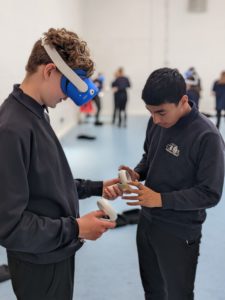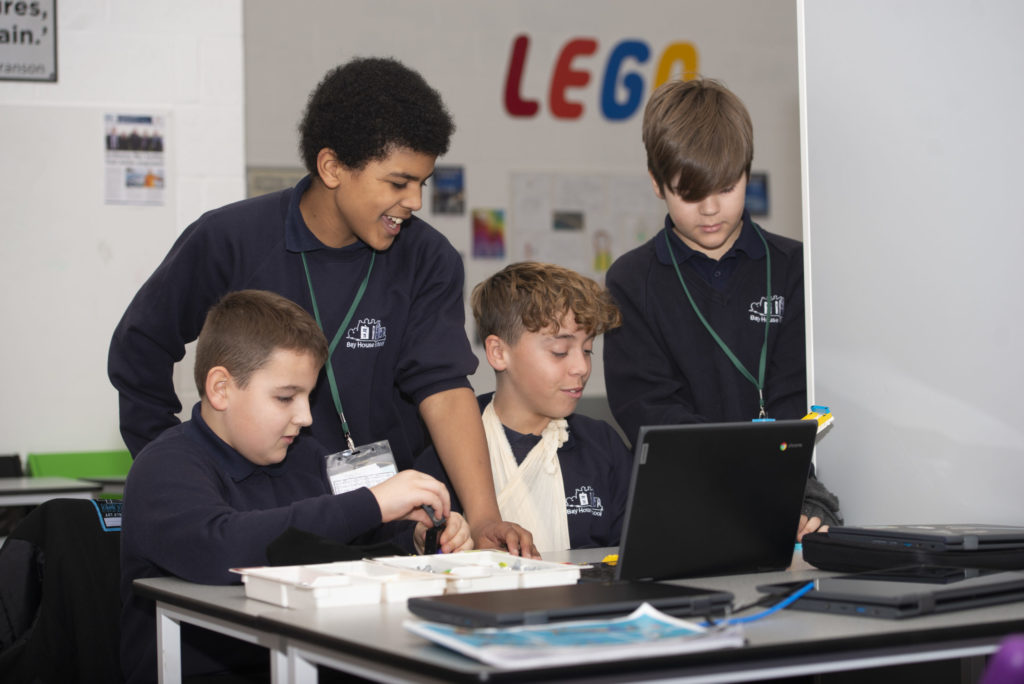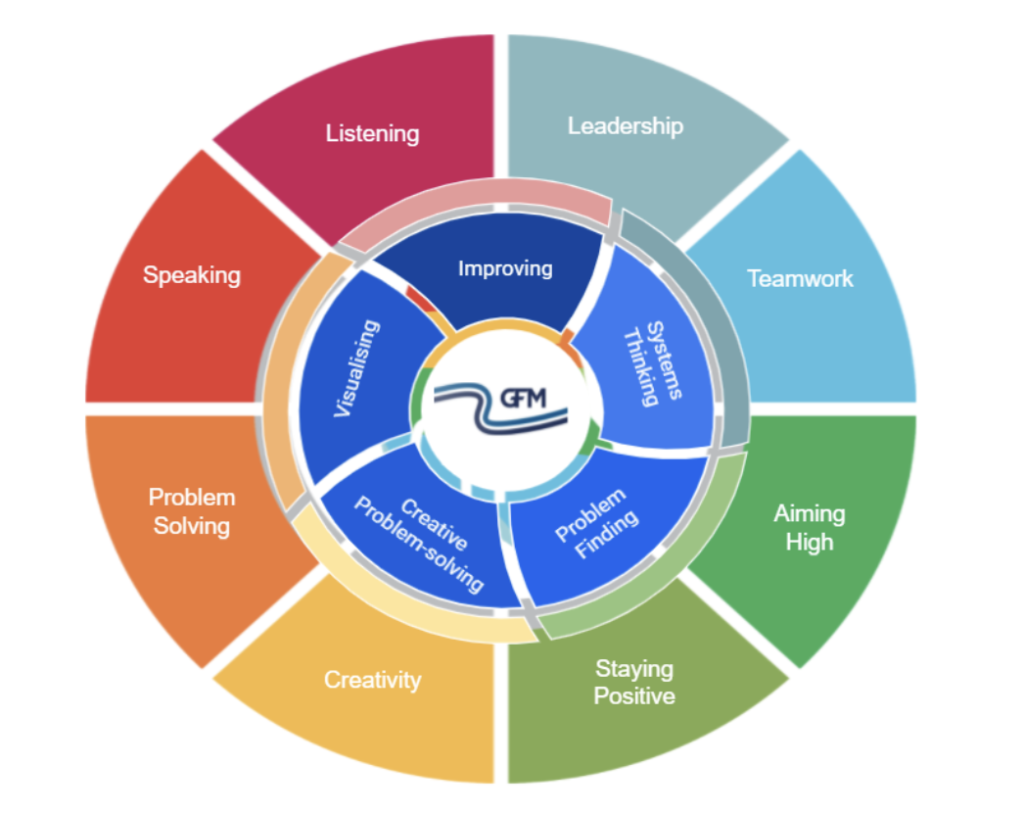What is STEM?
STEM stands for science, technology, engineering, and mathematics. It is an interdisciplinary approach to learning that emphasises the interconnectedness of these four fields. STEM education is designed to prepare students for the challenges and opportunities of the 21st century workforce.
Why is STEM education important?
STEM fields are driving innovation and economic growth around the world. Jobs in STEM occupations are forecast to grow much faster than average over the next decade. STEM education also prepares students to be critical thinkers and problem solvers, which are vital skills for success in any career.














